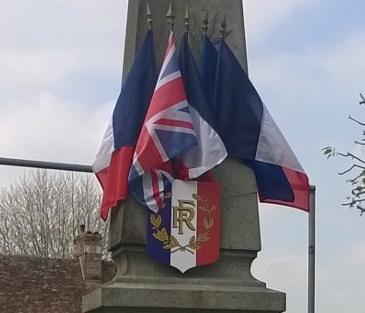Beyond the Celtic and Catholic connection, the historical similarities between Normandy and rural Ireland don’t really hold up. Historically, like Wales and Scotland, there has been a tendency to view Ireland as a political appendage to England, the child who won’t behave. The Irish have always been supremely assured of their Irishness, never willingly accepting foreign intrusion on Irish soil and non Irish settlers, such as the Norman Lords, the Burkes and Fitzgeralds, becoming widely recognized as being more Irish than the Irish
The early Celtic Irish Kings didn’t back away from a fight, least of all between themsleves, their beliefs fiercely held both about national identity and religion. Any force intent on invading Ireland faced vicious opposition and with God in their pocket, it’s doubtful the Irish would lose faith in the cause. Neither the Romans nor the Vikings ever got a real foothold in Ireland. The Romans never really tried, settling instead for just using it (Hibernia) as a trading post. The Vikings got no further than clinging on to the Norse-Irish kingdoms of Dublin, Waterford and Wexford. Eventually, in 1171 the Anglo-Normans did take control of all Ireland under Henry II, landing a large army and calling a halt to the offence and counteroffences of the Irish Kings and Cambro (Welsh) -Norman Lords, who’s original mercenary actions resulted in the seizing of Leinster and the Norse- Irish kingdoms, Henry had backed. A treaty was struck, allowing the Irish keep their kingdoms, but it soon fell apart and the offence and counter-offences raged on. In 1177 Henry changed tack, naming his son John ‘Lord of all Ireland’, backing the Norman Lords offences against the remaing Irish kingdoms and declaring seized territories crown land. There was a number of reasons why Henry eventually succeeded in defeating Ireland, one being the Irish Kings inability to unify in opposition and another being the Catholic Churches support of the Anglo-Norman offensive. The end result was the beginning of 800 years of English rule and later, British involvment in Ireland.

